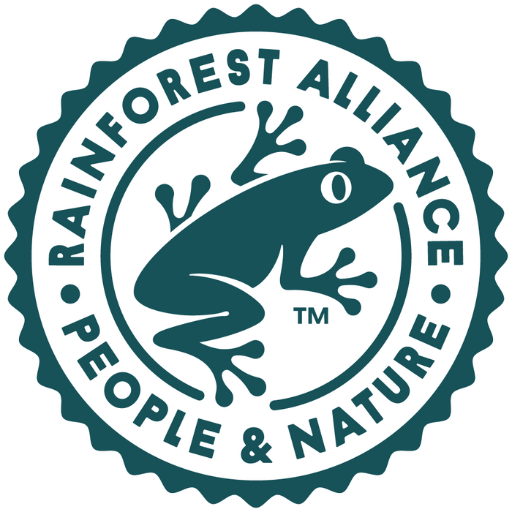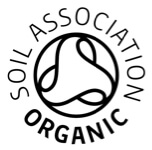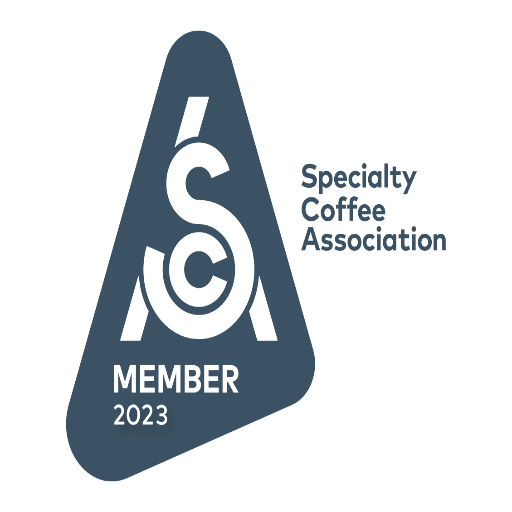It's not long to go now until this year's London Coffee Festival and here at DR Wakefield, we are getting extremely excited about our involvement, as it is our first time there!
The main message we will be promoting is 'Catalysing Coffee' – that is, the bringing together of growers and roasters, through practices that place enormous importance on provenance, traceability, standards and quality.
As our managing director Simon Wakefield explains: "Coffee is grown a long way from home, by people who have different cultures, expectations and challenges. You can read about them in a book. You can see them on the television, but you don't know them, know what makes them tick.
"If we want to get a reliable source of coffee, we need to really understand its roots – where is it grown, who grows it, how is it processed and how does it get to be exported."
Provenance
Provenance refers to the place where something has originally come from. What this means is we will be highlighting the importance of the source of the green coffee supply chain and the role that plays right down to the final cupping profile.
For example, the country and region in which a coffee is grown (including factors such as altitude, soil composition and cultivation techniques) and the processing methods employed by a particular farm or cooperative are all fundamental factors to take into account when it comes to the trade of green coffee. These are what make different coffees unique and exciting, which it is vital for traders and roasters to understand.
Traceability
Unfortunately, we are unable to have thriving coffee plantations here in the UK, simply because we do not have the right climate! Coffee is predominantly grown in developing countries between the tropics. Needless to say, these are a fair distance from rainy Blighty, which is why – especially with commodities and produce for which the supply chain is relatively drawn out – it is more important than ever that we place a huge emphasis on traceability.
That is, to know everything there is to know about the coffee we are trading – not only where it comes from exactly (down to the particular farm or even farmer), but also the history and story behind that particular crop.
The only way in which we are removed from where our produce is grown is in miles – and even then, we make every effort to visit growing regions and foster close relationships with the exporters from whom we purchase green coffee.
As Simon goes on to say: "As an importer, if we do not visit our suppliers, in my humble opinion, we cannot honestly say we are experienced physical coffee people."
It's not just about us, though. Consumers want to know where their coffee has come from. After scandals such as the horsemeat debacle and shocking stories in the media about buildings collapsing on top of factory workers in India, people care about the origins of what they are buying and looking after those hard-working individuals at the source – and so do we.
Standards
While the coffee industry may be overseen by bodies and regulatory authorities that seek to safeguard equitable and fair trade practices, there are certain standards and accreditation schemes in place that make it their sole focus to look after the people and the produce that make the green coffee trade what it is today.
For example, the Fairtrade Foundation and the Organic certification programme carry out rigorous checks and scrutinisation in order to safeguard certain standards, not only for the crop, but also the individuals whose livelihoods depend on it. If you buy Fairtrade coffee, you know that the farmer who grew it received a fair price for its sale.
However, standards are about more than this. They also tell you something about the coffee itself, which can be graded according to certain qualities. Is it a gourmet variety or a conventional one? Would it be ideal to make an espresso with or would it be perfect to make a blend? We also have a Doctor's Choice standard, which we attribute to coffees depending on their variety, how they were processed and other defining factors.
Standards promote transparency and knowledge within the coffee industry.
Quality
Last – but by no means least – is quality. Whether it's a conventional or gourmet grade, a Robusta or an Arabica variety, all of the coffee we import is of a notably high standard. We want to promote quality in every aspect of the green coffee trade – quality of beans, quality of care, quality of price and quality of service.
It is by putting quality at the forefront of everything we do that enables us to provide the right coffee at the right price, every time.
To find out more about who we are or what we do, come along and see us at the festival next week!









